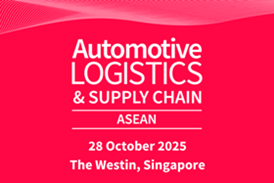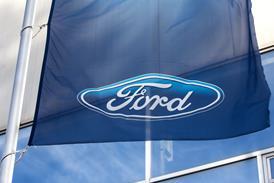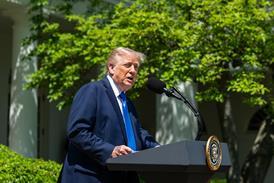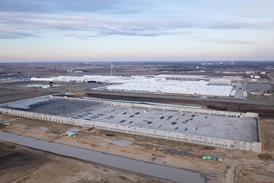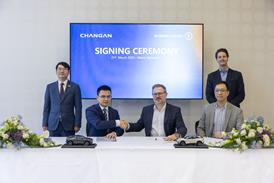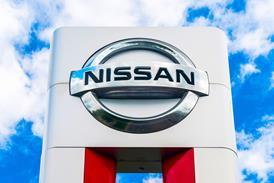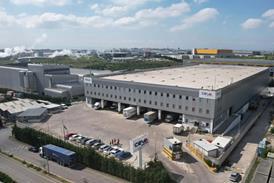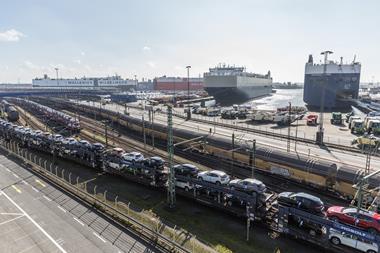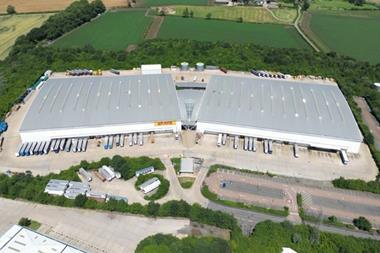
It will be fitted with Flex-fuel engines made by PSA Peugeot-Citroen at its plant also located in Porto Real.
The 208 will add to a total of 150,000 vehicles made at the plant in 2013, including all Brazilian-made Peugeot and Citroen models
A spokesman for Peugeot said that 84% of the parts supplied for the 208 will be sourced in Brazil and Argentina and that Gefco will be handling inbound logistics to the plant. The remaining parts are being sourced from Europe.
About 15% of the vehicles produced in Porto Real plant are exported said Peugeot, with the main market being Argentina, though some volume will be shipped to other Latin America countries. The spokesperson said that exports would mostly be transported via road which remains “a challenge in terms of logistics”.
The launch of the 208 in Brazil comes a year after the start of sales in Europe where more than 300,000 already been made at the company’s Poissy and Mulhouse plants in France, and at its Trnava facility in Slovakia. It actually sold 221,000 208 cars in 2012.
PSA Peugeot Citroen said the launch in Brazil is part of its strategy to make vehicles with a global profile and is part of its aim to push sales in non-European countries to 50% in 2015. Last year the company sold 38% of vehicles outside Europe, up from 33% in 2011. As the European market continues to contract PSA saw its market share across Europe drop to 12.7% last year.
“Brazil is a key market, as well as a key focus of our international expansion strategy, which is well underway,” said PSA’s chairman Philippe Varin earlier in the year. “The local launch of the Peugeot 208 is a very exciting project.”
Three Flex-fuel versions are on offer in Brazil: Active and Allure, fitted with a 1.5 litre engine, and Griffe, with a 1.6-litre engine.
The Porto Real production facility also makes Peugeot 207 and Citroen C3 variants. The plant made its one millionth car in October last year.
Gefco Brazil operates a 6,200m2 logistics hub in Guarulhos, northeast São Paulo to consolidate multi-modal services for PSA.
Following the Brazilian government’s launch of the Inovar-Auto stimulus plan carmakers are doubling their efforts to capitalise on a presence in the country.
According to Brazil’s secretary of state for Production Development, Fernando Pimentel, the fact that 47 companies have so far sought qualification shows the success of the scheme, which he says is generating more investment in Brazil to allow the production of safer and more fuel-efficient cars.
Companies will be able to take advantage of tax benefits established under the scheme, which will eventually have rules in place to measure the energy-efficiency and local content of automotive parts (though introducing the scheme fully has been delayed this year). By 2017, the government expects investment of more than $2.5 billion to have been made and for production to have increased from the current level of 3.3m vehicles to more than 4m.









